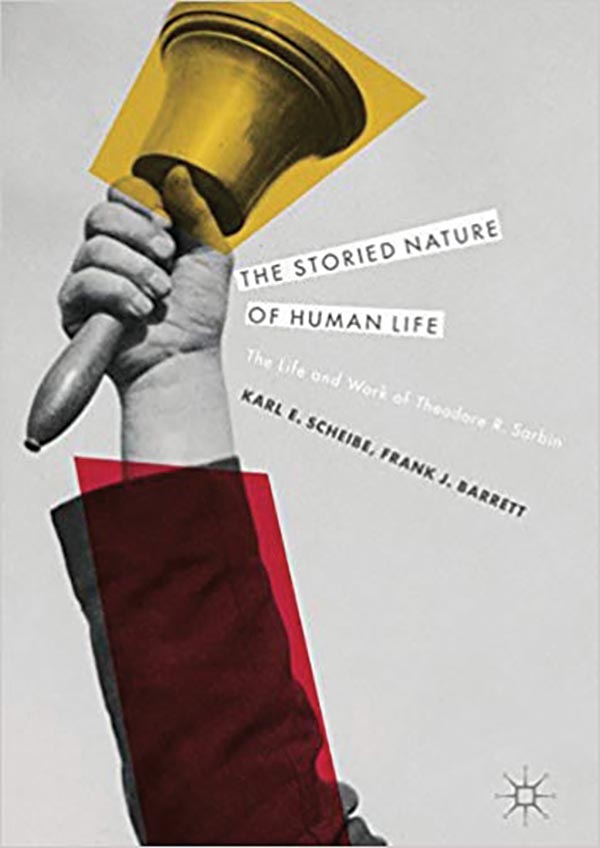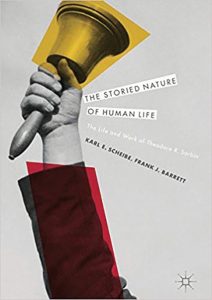Professors’ Bookshelf: Authors Curran, Finn, Glick, and Scheibe

 Andrew S. Curran, William Armstrong Professor of the Humanities
Andrew S. Curran, William Armstrong Professor of the Humanities
Diderot and the Art of Thinking Freely (Other Press, 2019)
In this biography of French philosopher Denis Diderot (1713–1784), most often known for championing the creation of the Encyclopédie, Curran offers a thematic biography for this free-thinker who challenged the accepted truths of his era. Featured in The New York Times New & Noteworthy section, and reviewed in The New Yorker, Curran’s work was also highlighted in The New York Times Book Review in Q&A under the title, ”Diderot Was Way Ahead of His Time—and He Knew It.” For the The Washington Post, Scott Russell Sanders called Curran’s book, a “narrative sustained with appealing clarity and energy,” concluding, “Indeed, readers of this biography are likely to be impressed by the scope of Diderot’s thought and by his courage, as he risked persecution to ask and answer taboo questions, thereby making it easier, and safer, for us to do the same.”
 John E. Finn, Professor Emeritus of Government
John E. Finn, Professor Emeritus of Government
Fracturing the Founding: How the Alt-Right Corrupts the Constitution
(Rowman & Littlefield, 2019)
Many in the radical right, including the Tea Party, the militia movement, the Alt-right, Christian nationalists, the Oath Keepers, neo-Nazis, and a host of others, brand themselves as constitutional patriots. Finn argues that these professions of constitutional devotion serve an important function in mainstreaming the radical right’s ideological and policy agenda: to camouflage its racism, bigotry, and sexism to appeal to a broader audience. The constitution the extreme right holds as its faith is an odd admixture of the forgotten, the rejected, the racist, and the bizarre, says Finn. Here, he illuminates the central precepts of the Alt-constitution and shows how and where it differs from the (true) American Constitution.
 Megan H. Glick, Associate Professor of American Studies
Megan H. Glick, Associate Professor of American Studies
Infrahumanisms: Science, Culture, and the Making of Modern Personhood
(Duke University Press, 2019)
“At its heart, this book is about the unsettled relationship between ideas of biological difference among human groups and practices of anthropomorphic speciation that cross the animal-human boundary,” writes Glick, who begins the book with a discussion of a May 14, 1916, article in The Washington Post, titled “If Science should Develop Apes into Useful Workers … would a Race of Highly Intelligent Ape-Laborers Have Souls, and so Be Entitled to Religious Instruction and Protection From the Degradation of Slavery?” Neel Ahuja, author of Bioinsecurities: Disease Interventions, Empire, and the Government of the Species, says that Glick’s book, “makes new inroads into science studies, animal studies, and critical race literatures by tracking post-eugenic thought through scientific disciplines and popular culture.”
 Karl E. Scheibe, Professor Emeritus of Psychology,
Karl E. Scheibe, Professor Emeritus of Psychology,
and Frank J. Barrett
The Storied Nature of Human Life: The Life and Work of Theodore R. Sarbin
(Springer Nature, 2017)
In the preface, the authors, who were students of Sarbin (1911–2005), write, “The title of this book contains an implicit claim. ‘The storied nature of human life’ implies that it is useful and enlightening to look at human life from a narrative point of view, as if life were bound up with story, with history, with the unfolding of meaningful events, most of them in company with others—along the pathways of the world.’” In this volume, the authors offer an account of their mentor’s life and career, as well as a collection of 10 publications from the last two decades of his life, including those on the establishment of narrative psychology as a major mode of inquiry.


